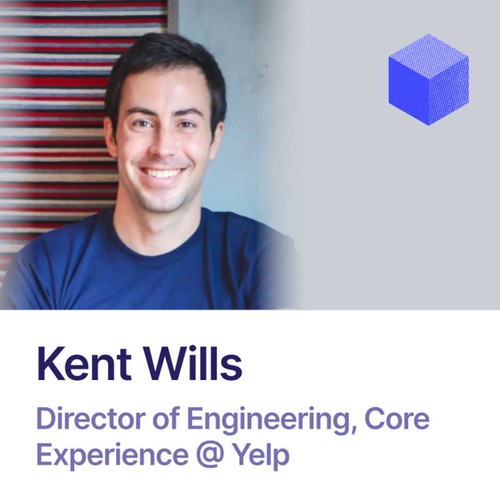
 Engineering Enablement by DX
Engineering Enablement by DX 10 years of driving developer productivity at Yelp | Kent Wills (Yelp)
29 snips
Mar 26, 2024 Kent Wills, Director of Engineering at Yelp, discusses the evolution of developer productivity efforts. Topics include forming the team, managing code ownership in a monolith, building a design system, standardization, LLM implementation, and demonstrating the value of their work.
AI Snips
Chapters
Transcript
Episode notes
Initial Inspiration
- Kent Wills's team at Yelp was initially inspired by a Twitter blog post advocating for letting diverse engineering practices flourish initially.
- This "let 1,000 flowers bloom" approach, focusing on scaling efficiently, influenced Yelp's early engineering effectiveness strategy.
Getting Leadership Buy-in
- Frame developer productivity improvements in terms of how they help other leaders achieve their goals.
- Connect the problem to the leader's success, like showing how it impacts production deployments.
Monolith Ownership Challenges
- Yelp initially relied on Git blame for code ownership, but this proved unsustainable with employee turnover.
- They transitioned to a team-based ownership approach using metadata and eventually microservices.
